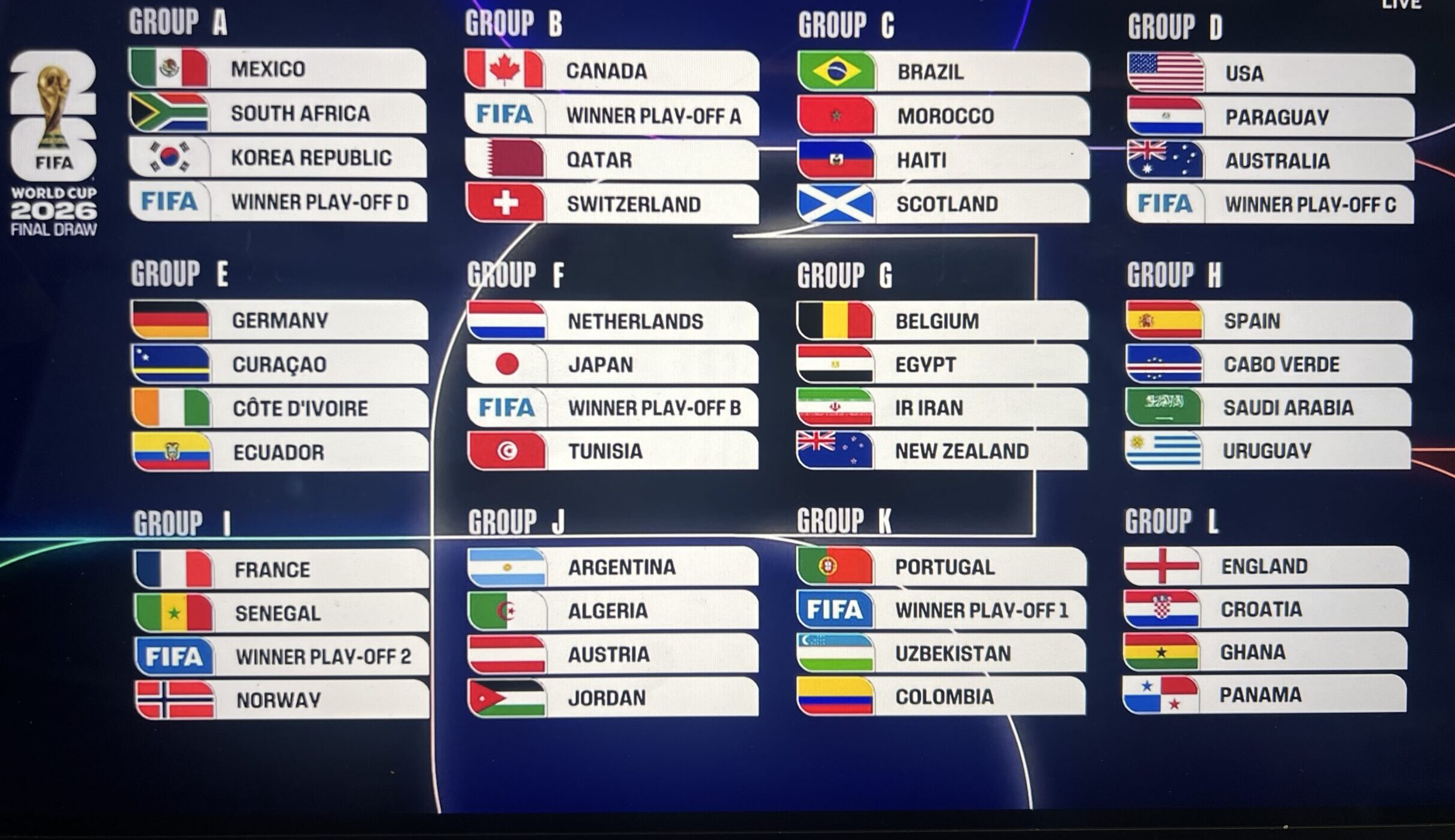A Draw fo Two HalvesBy Tom Sheldrick We’ve been talking rivalries recently on Soccer Training Info, and they don’t come much bigger than the two Africa Cup of Nations semi-final match-ups. The North African derby between Algeria and Egypt; the West African derby of Ghana and Nigeria. In neither encounter are the rivals border-sharing neighbours, but that hasn’t stopped them fighting some fierce battles both on and off the soccer field. The games we saw on Thursday evening were typical of knockout rounds that have split in half in this year’s tournament. A defensive Ghana came through the quarters by beating hosts Angola 1-0, going ahead through an early Asamoah Gyan goal and then riding their luck as Manucho missed chance after chance. Nigeria made the last four by beating outsiders Zambia 5-4 on penalties, after a 0-0 draw. Both were a long way from classics. And their semi lived up to expectation, again Gyan making the most of lapse defending to head in from an early corner. Nigeria had more of the ball, but couldn’t strike back. Both West African sides boast a number of names who have made the cut in the top European leagues. Of their 23-man squads, only 3 of Ghana’s play their club football in Ghana, while none of Nigeria’s are based at home. Despite being typically African, in a style of what appears relaxed, casual soccer, it was a direct, physical affair, lacking in inspiration. In the other half of the draw, the North Africans played a game that looked typically continental European, Champions League aesthetic possession football; Egypt were Barcelona at times. Both sides were reluctant to swing the ball into the box, wasting numerous short corners, and playing their way out of trouble at the back. Periods of calm were interspersed by bursts sharp bursts of pace, of a cutting edge. Yet the uglier of the European instincts have made it over the Mediterranean Sea as well, namely the ease with which players tumbled to the ground, earning cheap free kicks and asking the referee to caution opponents. This style is paradoxical considering Egypt and Algeria have among the lowest number of squad members who are based in Europe. Eight of Algeria’s 23 are based at home, whilst 19 of Egypt’s 23 play their football in Northern Africa, in an Egyptian Premier League much stronger and more competitive than the Sub-Saharan leagues. This was the side of the draw you wanted to be watching. Both quarter finals had winning goals in extra time. Algeria and Ivory Coast traded goals in the first half, before ‘Elephants’ substitute Kader Keita scored an 89th-minute belter which looked like the winner. Magic Bougherra equalised with seconds left on the clock, before Hammeur Boazza grabbed the winner early in the extra 30. The other quarter was a personal narrative for Egyptian captain Ahmed Hassan, who scored an awful own goal but made up for it with a long-range equaliser in the first half. Two Egypt goals – the second of which shouldn’t have been, after Hassan’s free-kick was wrongly adjudged to have gone over the line – early in extra time sealed Cameroon’s fate. Their semi-final was predictably eventful, a display of the best and worst in African soccer. Egypt – with revenge on their minds after their great rivals robbed them of a place at the World Cup in an ill-tempered play-off back in November – played some wonderful stuff at times to score four goals, but Algeria completely lost their discipline to end the game with eight men, two criminal challenges and their keeper’s ugly confrontation with the referee particularly abhorrent. 4-0 was a fair result. Sunday’s final will see a young Ghana side try to stop Egypt claiming a successive hat-trick of Africa Cup of Nations triumphs. The Ghanaians include eight members of their successful Under-20 World Cup side, and with star men Essien, Appiah, Muntari and Mensah absent, have relied on Gyan’s goals and a brave defensive solidity. They only just made it out their group – reduced to three sides by Togo’s withdrawal – scraping past Burkino Faso 1-0 after losing to the Ivory Coast in the opener. Egypt on the other hand have impressed since the start, with a real point to prove after missing out on the World Cup. Nigeria were beaten 3-1 in their opener, before Mozambique and Benin were comfortably dispatched, 2-0 in both. Egypt have impressively proven the continuing merits of the 3-5-2 system, theirs built around sweeper-playmaker Hani Said. Expect them to have a lot of the ball during this afternoon’s final in Luanda. So, how about the tournament as a pre-cursor to the World Cup this summer, how’s that looked? The global showpiece will be all the poorer for Egypt’s absence to start with. As for the prospect of an African side challenging for the Jules Rimet, the more fancied West African sides have shown their usual mix of ability and inconsistency. A reckless naivety entertains as much as it frustrates. Despite an opening game which finished 4-4, there hasn’t been the same number of goals as two years ago in Ghana, but this is largely because the gap between the best and the worst has narrowed. Gabon beat Cameroon and Malawi smashed Algeria 3-0 in the group stages everybody likes an upset. Amateurism still pokes through, such as with Ghana’s keeper Richard Kingson not taking his own goal kicks. Some of the goalkeeping has been eccentric at best, ridiculous at worst. As for the spectacle, we’ve had great hairstyles – Salomon Kalou – and great celebrations – Ghana’s Gyan. The pitches still don’t look up to standard – a worry looking ahead to South Africa, while there’ve been empty seats in even the biggest games, thanks to touts and poor distribution of tickets. But the decision of CAF – African soccer’s governing body – that Togo will be banned from competing in 2012 and 2014 – is both ill-considered and hugely insensitive. It might not have held the world in thrall this time around, but while the tournament continues to grow and grow, CAF has once again let it down. Ghana’s Gyan Celebrates
Tom Sheldrick is a freelance writer and can be reached at: tomsheldrick@hotmail.com |
Your Soccer Resource Center














